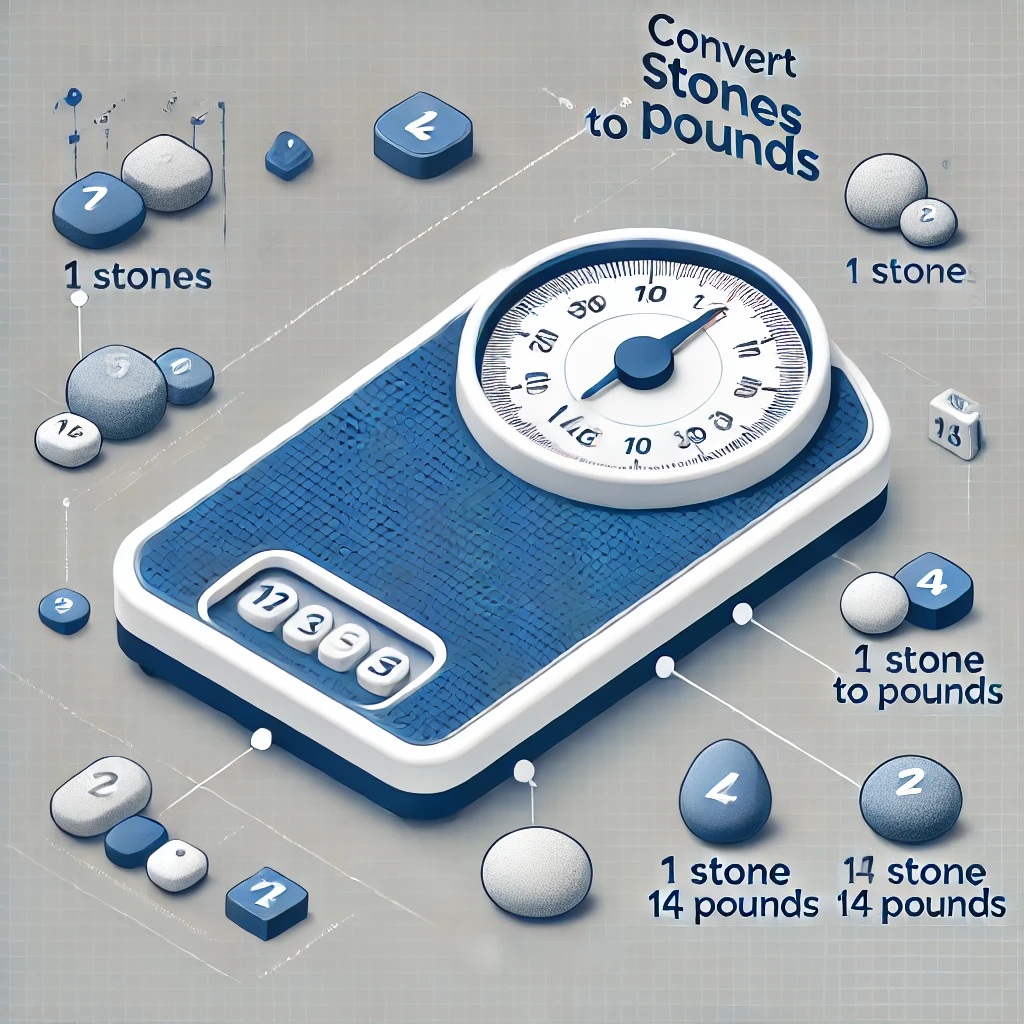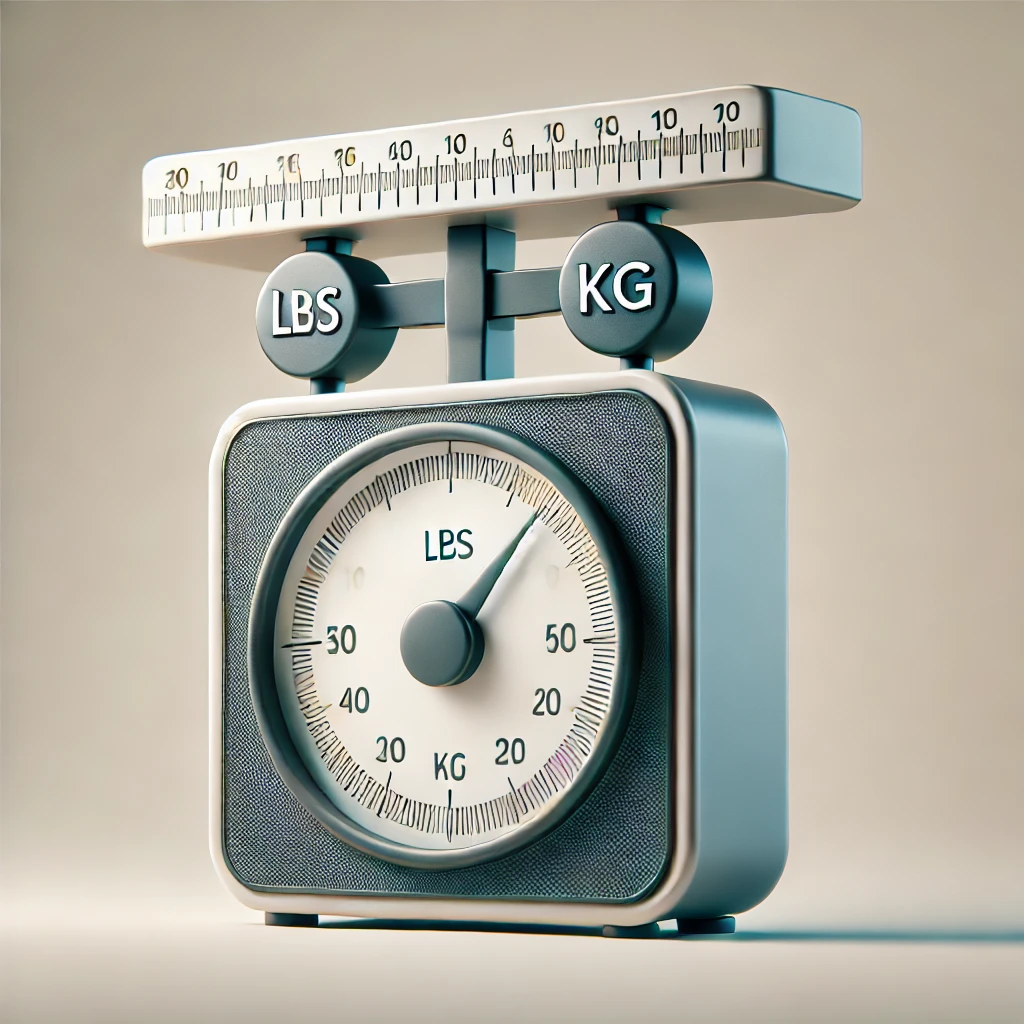
Online Calculator
Introduction
Converting between kilograms (kg) and pounds (lbs) is essential in various fields, from fitness to shipping. Understanding this conversion not only enhances day-to-day interactions with international measurements but also provides clarity when dealing with specific weights. In this guide, we’ll break down the simple process of converting kilograms to pounds and why it’s crucial to grasp this concept.
Whether you’re curious about the weight of an item, trying to meet fitness goals, or planning shipments across borders, we’ve got you covered with an easy-to-use calculator and conversion table for quick reference.
What is the Kilogram?
The kilogram (kg) is the standard unit of mass used in the metric system. It’s widely adopted worldwide, especially in scientific, medical, and most governmental measurements. Understanding this basic unit is essential since most countries use kilograms in daily life.
What is the Pound?
The pound (lbs) is a unit of weight used predominantly in the United States and some other countries. Historically, it has roots in various ancient systems, but today, it’s primarily associated with the imperial system.
How to Convert?
The conversion formula from kilograms to pounds is straightforward:
1 kg=2.20462 lbs1 \, \text{kg} = 2.20462 \, \text{lbs}
To convert a given weight in kilograms to pounds, simply multiply the number of kilograms by 2.20462. For example:
5 kg×2.20462=11.0231 lbs5 \, \text{kg} \times 2.20462 = 11.0231 \, \text{lbs}
If you’re looking for a rough estimate, you can also use the approximation:
1 kg≈2.2 lbs1 \, \text{kg} \approx 2.2 \, \text{lbs}
This method is especially handy for quick mental calculations.
Why the Kilograms to Pounds Conversion Matters
Converting kilograms to pounds becomes essential in the following scenarios:
- International Travel: When traveling, especially between metric and imperial system countries, knowing how to convert weights is crucial for checking luggage, shipping goods, or understanding product labels.
- Fitness & Health: Fitness professionals, gym enthusiasts, and medical personnel often need to switch between kg and lbs for weight tracking, workout equipment, and body measurements.
- Shipping & Commerce: For global eCommerce businesses, understanding weight conversions helps when calculating shipping fees, as different regions may list weights in either system.
Conversion Table
For your convenience, here is a conversion table showing values from 1 to 1000 kilograms, rounded to two decimal points:
| Kilograms (kg) | Pounds (lbs) |
|---|---|
| 1 | 2.20 |
| 100 | 220.46 |
| 200 | 440.92 |
| 300 | 661.39 |
| 400 | 881.84 |
| 500 | 1102.31 |
| 600 | 1322.77 |
| 700 | 1543.24 |
| 800 | 1763.70 |
| 900 | 1984.16 |
| 1000 | 2204.62 |
This table can help you quickly reference values without doing manual calculations.
Conclusion
Converting kilograms to pounds is a simple yet invaluable skill, especially in a world where both the metric and imperial systems are in play. Whether you’re tracking weight for health purposes or ensuring accuracy in your business dealings, understanding this conversion is key. Utilize the table and calculator on this page for quick, precise conversions.
For more detailed information about the conversion or other metric-to-imperial conversions, feel free to explore our other resources.
Kilograms to Pounds –References:
- National Institute of Standards and Technology (NIST)
- The International System of Units (SI) guidelines


